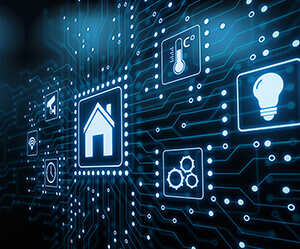Need Assistance for
Business Progression
We will provide our services to accomplish your goals for a better business growth.



RSG Canada is one of the most trusted security companies in the North America. After the COVID-19 the Security is one the top priority for the customer choice. Whether you are in home or go for vacation, Our Security system will give you peace of mind for the proper protection. The little sign outside your home can help keep you safe inside. With out latest security system you can control your home any where in the world and its connected with most advanced interlinked monitored station for the fast response to save life and avoid burglary.




$60/ mes
Comprar$100/ mes
Comprar$200/ mes
ComprarWe will provide our services to accomplish your goals for a better business growth.
Copyright @ All Rights Reserved by Rising Star Group - Canada